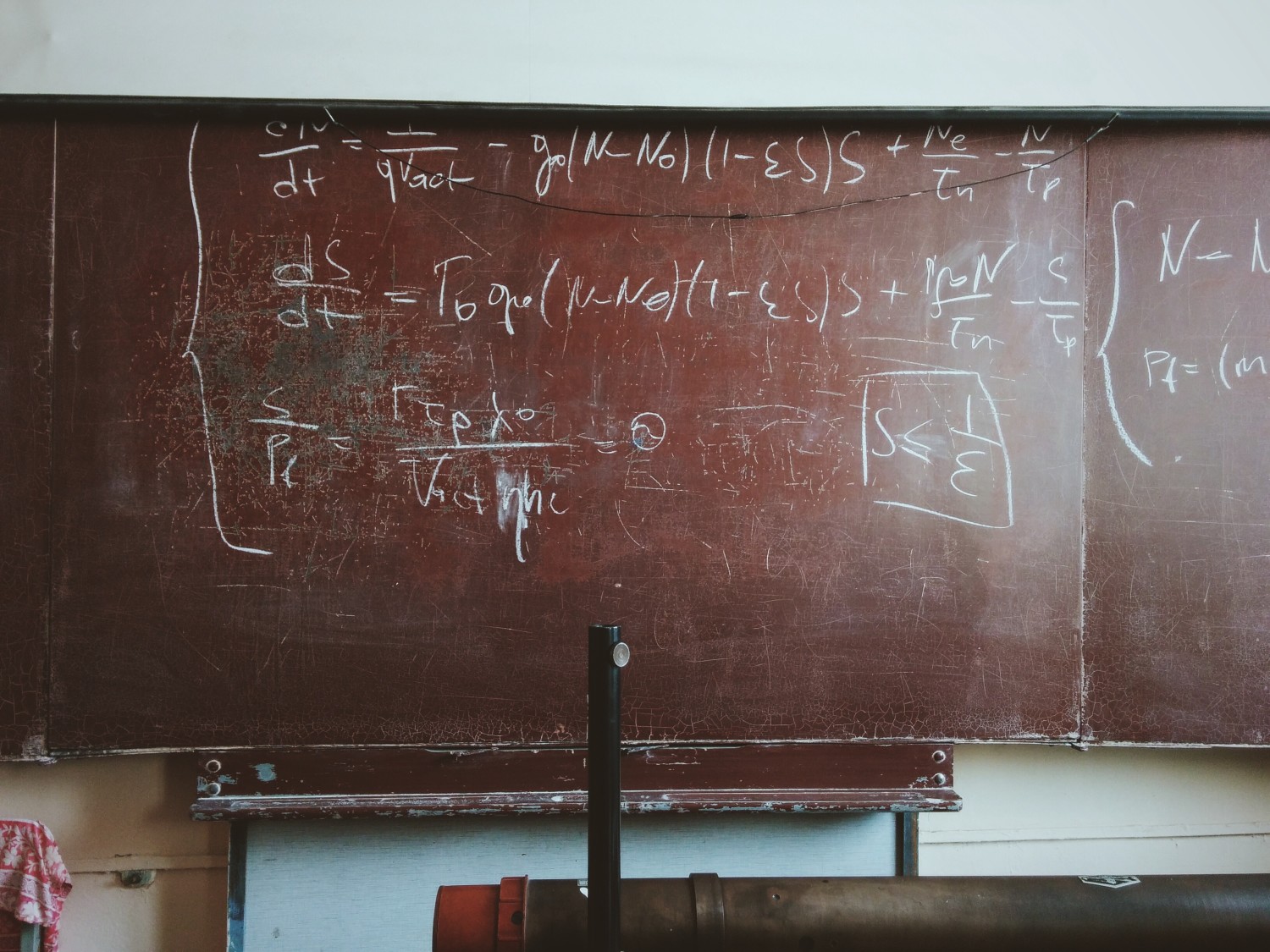Kari Lutes, Contributing Writer
The Consortium for Mathematics and its Applications (COMAP) Math Modeling Competition will be held this weekend. The competition, which begins Jan. 28 and ends Feb. 1, is an international competition with over 5,000 teams competing. The competition gives math majors the chance to apply what they have learned in the classroom to the real world. Teams, consisting of three members, will choose one of six problem types to solve. Team members work together to find the best solution to their problem, which they will submit by 8 p.m. on Tuesday.
Asbury has a long history of competing in the competition, and this will be the 29th year the school has had a team competing. Dr. David Coulliette serves as the primary faculty sponsor and coach for this event and cites it as a highlight of the semester for the math department. “Alums consistently comment on the value of the contest in preparing them for the work environment,” said Coulliette.
In addition to preparing students for the workforce, the participants will also present their work at the annual Kentucky undergraduate mathematics meeting. “We get a lot of academic mileage out of this weekend,” said Coulliette.
This competition helps students to see how their degrees can be used in the real world. Senior Stephen Chen competed in the competition last year and will serve as a coaching assistant this year. “Oftentimes when learning math, students can’t see how to use it in the future. The competition gives a glimpse into how mathematics can be used outside the classroom,” said Chen.
Students can choose the problem types from a wide range of applied mathematics. Sophomore Will Turner, a returning competitor, chose a problem last year that required him and his team to come up with an algorithm that would assist in searching for planes that crashed in the ocean. “The problems are not like math problems that you just plug in and solve,” said Turner. “We have to make our own equations, [which] is much closer to what we want to do after we graduate.”
Junior Daniel Gallutia is new to the competition this year but shares Turner’s enthusiasm for the complex problem solving required. “This is the type of work done in engineering research, a field I’m highly interested in,” said Gallutia.
For the contestants, the weekend will consist of “coding, modeling, eating and sleeping,” said Gallutia. Asbury’s three teams, researchers and coaching assistants will spend the majority of their weekend on the third floor of the Hamann-Ray building where they will work to solve their problems.
“As a general rule there will be little sleeping, a decent amount of junk food, some fun and great relationships and memories made,” said Turner.
While the competitors are eager to start the competition, they will face their share of challenges over the long weekend. In addition to solving complex math problems, team members will be logging late hours and only leaving Hamann-Ray when necessary.
“[It’s hard] not to get frustrated when the model fails time and time again,” said Chen, “especially when everyone is sleep deprived.”
“We may get lonely, so come check it out,” said Turner. “You may think ‘math men’ like to be alone, but that’s not true. We just don’t like too much social interaction.”
The competition isn’t just a way for students to strengthen their skills and prepare for their future careers. They see it as a way to glorify God.
“Mathematics is not just numbers and variables, but a means to positively affect the lives around us and perform God’s work in this world.” said Gallutia. “I promise math is a good thing!”


